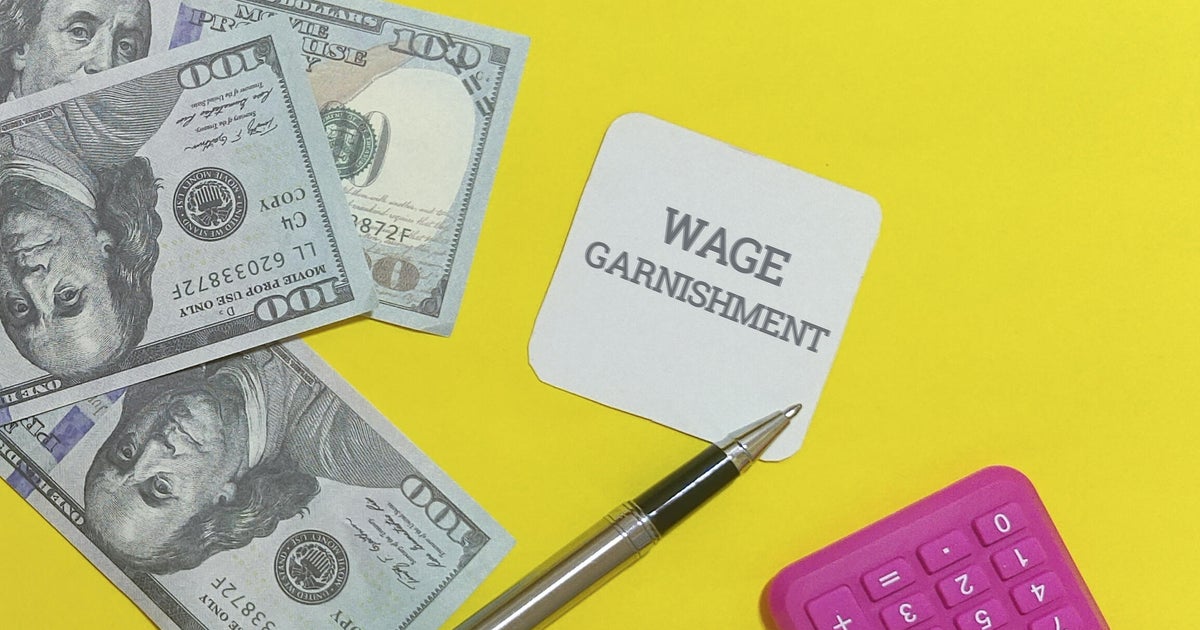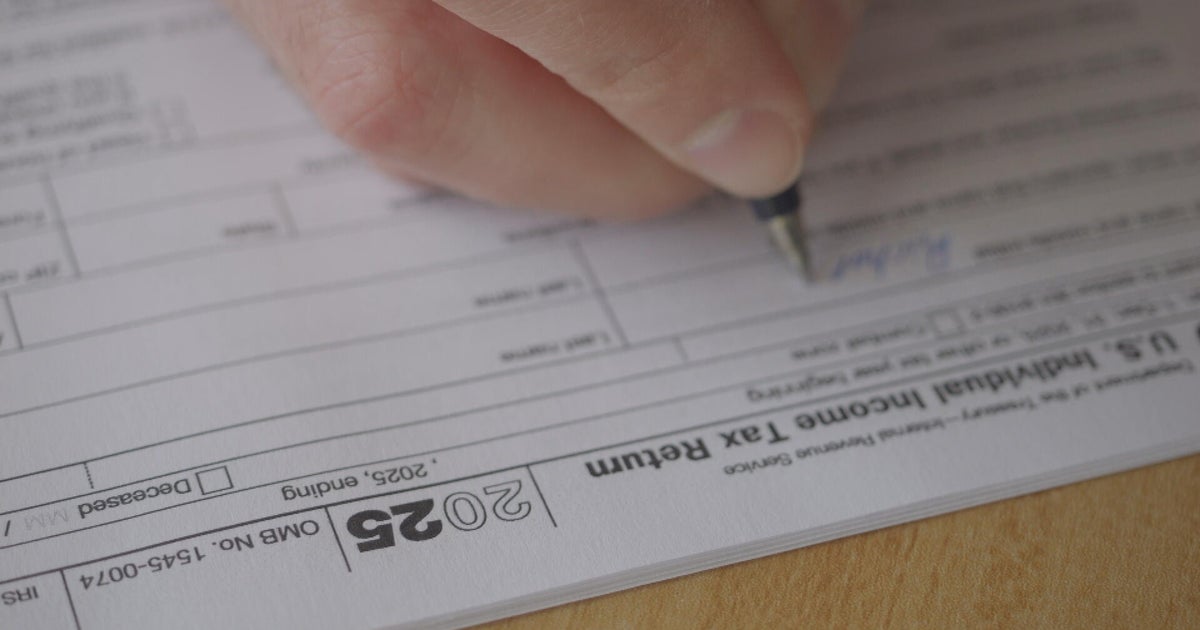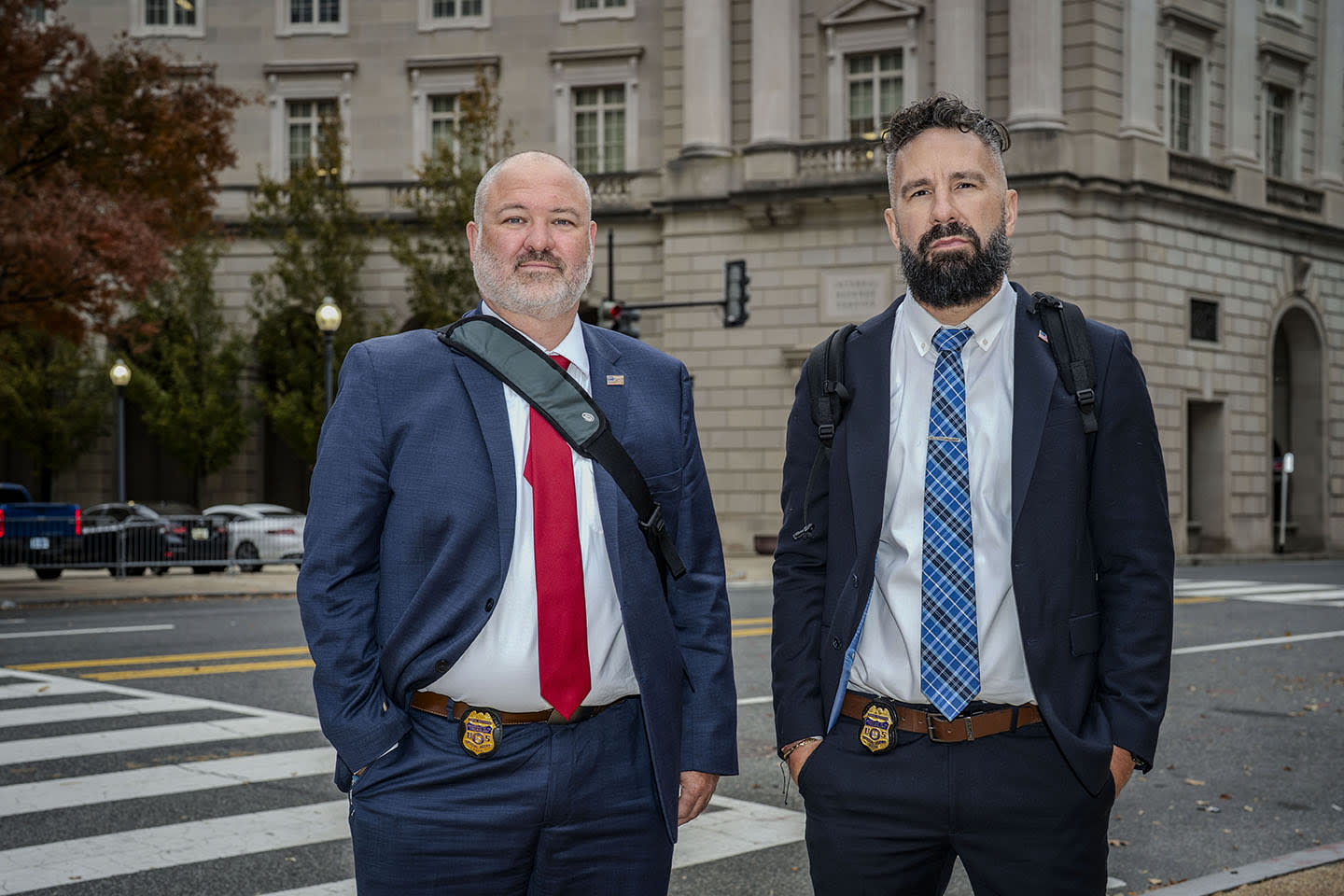Warning, some tax refunds will be delayed next year
Taxpayers who like to file early to get a quick turnaround of a refund may be disappointed this tax season.
In its effort to battle fraud, the IRS has a new strategy: Delay the refunds of filers who are more likely to take certain tax credits that are frequently claimed improperly or are the target of fraudulently filed returns.
New provisions of the Protecting Americans from Tax Hikes Act of 2015 (PATH) passed last year allows the IRS to hold off paying refunds to people who claim the Earned Income Tax Credit (EITC) or the Additional Child Tax Credit (ACTC). Those refunds will be held until Feb. 15, even if the returns were filed at the earliest date the IRS accepts them in January.
This delay may create a cash-flow headache for people who rely on a quick refund to help pay off their holiday bills. That could require making other arrangements, whether dipping into savings, tapping other sources of credit or simply curbing spending.
According to data from 2014 returns, about 26 million filers claim the EITC, and more than 20 million claim the ACTC. IRS information from these returns shows that a single filer with two children can earn up to $44,648 and receive some of the EITC. Joint filers with two children can get some of this credit with incomes as high as $50,198.
The IRS says a large percentage of claims for these credits are abused and result in billions of dollars of fraudulent refunds because of incorrect or improper claims. It’s believed that the complexity of claiming these credits, which apply to those with moderate to lower incomes and can result in a refund even if no tax was paid, creates an easy target for those who file fraudulent returns.
According to the IRS, in 2013 approximately 24 percent of all refunds from EITC claims was paid by mistake, an amount of about $14.5 billion. The error rate for the ACTC was as high as 30 percent in the same year, resulting in over $7 billion of improper refunds. The reasons included innocent misunderstandings of the complex qualification requirements, intentional disregard of the rules and fraudulent returns.
The new law lets the IRS delay refunds to give it additional time to review all returns with EITC or ACTC claims and to verify additional data to ensure the refund claimed is accurate and legitimate.
The tax filing season typically kicks off in the third week of January. Anyone not claiming these credits shouldn’t expect a delayed refund. Those filers should get their their refunds by late February, or about 21 days from the IRS accepting their return.



